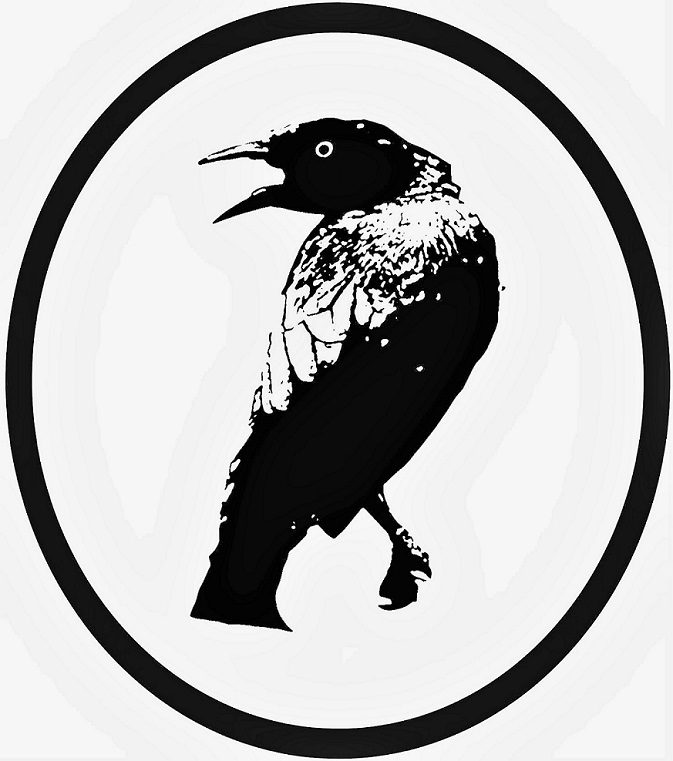|
The word "exile" is shown in a google search as the state of being barred from one's country for political or punitive reasons. I was intrigued by this phrase:"...barred from one's country...". The argument can be made that one of the causes of the formation of the Chicano consciousness is the fact that Mexican/Americans and other Latin Americans as well have for a long time in the history of this country been marginalized people who have to deal with the realities of an undefined identity because of incarcerations, deportations, and even persecution at times. There are also the issues of racism and discrimination which are well documented in our history that constitute a very real sense of having for a long time been "barred from one's country" in terms of having access to full participation culturally, politically, and socially. The only difference with a traditional understanding of the term is that a person in exile is typically seen as one who is also barred physically from their country of origin.
As a member of the Coalition of New Chican@ Artists (CONCA) I went to Texas A & M University in College Station a couple of weeks ago with my fellow CONCArer, Dr. Christopher Carmona. We were invited to participate in a conference called New, Past, and Future Constructions of Latinos: Shifting Times, Shifting Identities, organized by the Department of Hispanic Studies. There we were awed by poetry from several parts of Latin America. One underlying theme of some of the poetry read was the idea of exile. Of particular note was a reference to the notion of external versus internal exile, as referenced by the artist and poet Martivon Galindo when speaking of Salvadoran exiles in the U.S. To my very limited understanding of the concept as of yet, internal exile is different to external exile because the former means being repressed, silenced, disrupted in your own land. The latter means the act of banishing someone physically from the country of their origin. As I heard the concept introduced to me I realized something, we are exiles in our own land. For Chicanos the sense of being exiled in our own land is a real one. This is not just because of a majority actively working against our inclusion in a mainstream, but because of other "Latinos" as well, who fervently oppose anything relating to being a Chicano or Chicana. Some folks consider the term to be a pejorative and would be insulted if someone were to call them Chicana or Chicano. It seems that nowadays the problem is no longer simply a matter of obstacles toward inclusion and full participation in the mainstream. It seems that now it is somewhat of a petpeeve on the part of mainstreamers, whether white or Latino, toward the inclination by some of us to reject the government-given denomination of "Hispanic" and the loosely understood and vague, yet more accepted, "Latino" terms, and instead choose to call ourselves Chicanos, Chicanas, Chican@. I was speaking to an older gentleman who said that his family can trace their claims to lands along the border back to a land grant issued directly from the Spanish throne. He said he has absolutely no Mexican ancestry, or connections to Mexico in the common modern sense of it, but only as a passage route for past generations of his family to come to Texas. Yet, he stated that he was also involved in the Chicano movement in the early days. His premise is that Chicanos are actively choosing to marginalize themselves by electing to promote themselves as such. That the struggles and challenges that Chicanos or any minority faced in the past have been overcome, the fight has been won. Therefore, to choose to call oneself Chicano is to engage in victimhood, being angry all the time, and lazy. I didn't argue with him about it because I believe that we are all working toward a common goal: achieving the American dream. What the American dream means to me is the very right to self-determination. If we wish to call ourselves Chicano that should not mean we are separatists (or engaging in victimhood, being angry, or lazy). Far from it. It means we would have achieved the power to define ourselves as we wish to be known without our fellow country men and women trying to suppress our voice because it carries the term "Chican@" in it. What is more American than that? The ability to manifest your own destiny. But as long as there are those who will oppose and reject that very right to self-determination, Chicanos, Chicanas, and all who have been marginalized at some point or in some fashion and now seek to find or define a sense of identity will always be living as exiles in our own land. |
AuthorGabriel H. Sanchez is an author, poet, actor, editor, and publisher from the Rio Grande Valley in south Texas, on the border with Mexico. Gabriel is the author of "Once Upon a Bad Hombre," "The X Series," "The Martian Ones: Tales of Human Folly," and "The Fluid Chicano." You can read more about him and his other projects at gabrielhugo.com or on his Facebook page: @gabrielhugoauthor. Categories
All
Archives
June 2024
Fueled by RPM |

 RSS Feed
RSS Feed
